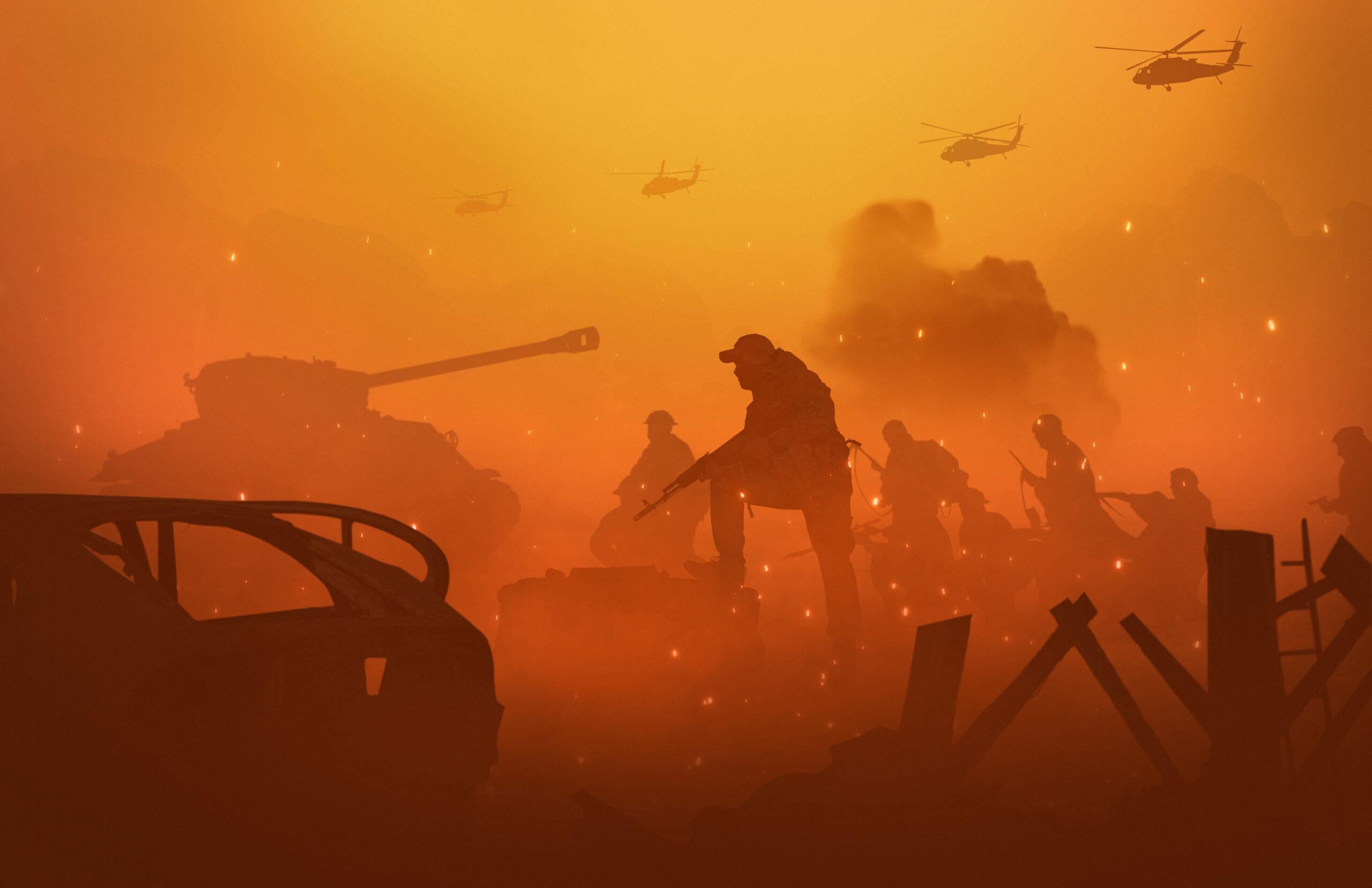We seem to be on the brink of a new war if we are to believe the many sources. A new war in the sense that there is nothing new about the regular skirmishes between Hezbollah and Israel, nor the exchanges between Iran and the same country – to be fair, there was only one direct example of an exchange between the two a few months ago, although there were many through proxies.
Multiple nations have issued travel warnings for Lebanon to their citizens, a NOTAM was reported to have been issued over Western Iran by the Middle-eastern country on the 5th of August but the speculation was later rejected by officials.
Nevertheless, the international community is preparing itself for some sort of a response by Iran and other groups activating in the Middle East in light of the elimination of Ismail Haniyeh, the political leader of Hamas. Multiple threats have been issued by many, but have yet to materialize. In any case, the leadership has been passed to Yahya Sinwar, the presumptive mastermind behind the October 7 attack on Israel.
Many sources claim that the move to eliminate Haniyeh was a step back towards reaching a hostage swap deal between Israel and Hamas, with many more claiming that the process was dealt a heavy blow.
On the 5th of August a more worrying news came out in the firing of nine UNRWA employees which have been deemed to have actively participated in the attack. This news further confirms the initial Israeli claims about the matter. The official statement by Philippe Lazzarini, the head of the UN agency, mentioned that 19 staff members from the Gaza Office have been investigated on the subject, with one case being in the clear of any involvement and nine cases deemed inconclusive, not having enough evidence to sustain any clear involvement. The UN agency has suffered more than 200 staff casualties since the October 7 attack.
Close to two million Palestinians are considered to be IDPs and it is estimated that close to 70% of the water and sanitation facilities in Gaza have been destroyed by the war. According to the latest report from UNRWA, more than 1000 of its medical staff continue to provide healthcare in the Strip.
In general, the situation continues to deteriorate not only in the Middle East, but across Africa as well. OCHA calls the overall situation in Sudan a “complete catastrophe”, with hunger and famine looming over the civilian population amidst the ongoing fighting between the Rapid Support Forces and the Sudan National Army. The agency estimates that 26 million are in a state of acute hunger, while an estimated two thirds of the population cannot access healthcare facilities.
In another part of Africa, Western nations continue to pull out and are being replaced slowly by Russia or China, with Niger being the latest example. Another important news was the French recognition of Western Sahara under the administration of Marocco, in spite of Algeria’s support for the Polisario Front. This might also open up to renewed fighting in the former Spanish colony.
Halfway through 2024 the overall situation does not seem to be ameliorating, instead we are seeing an increase into the general destabilization in multiple areas around the globe. It is a trend that can indeed continue well into 2025, the least.

